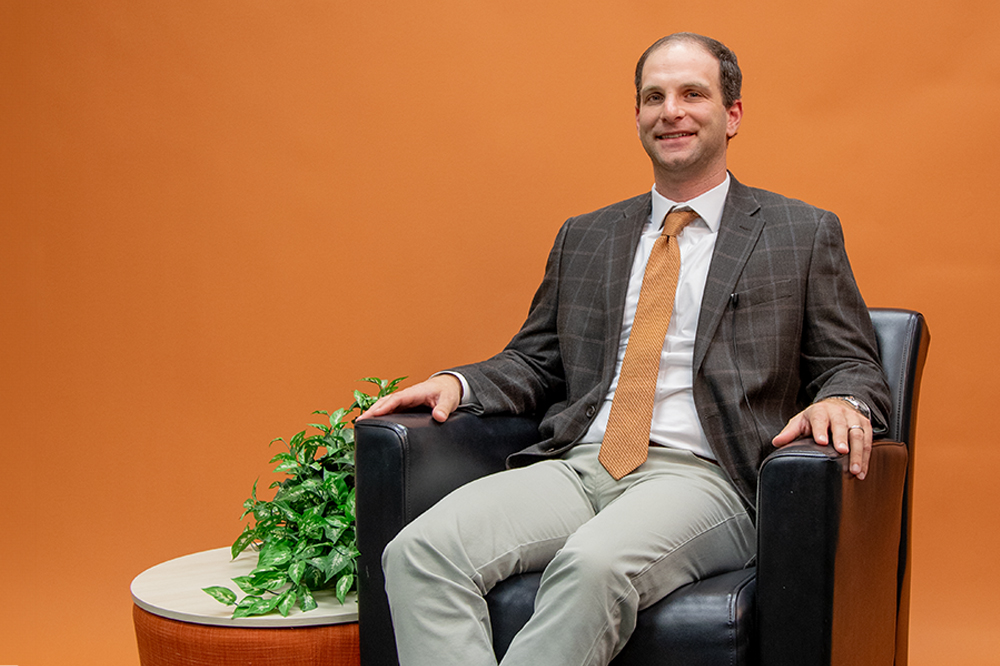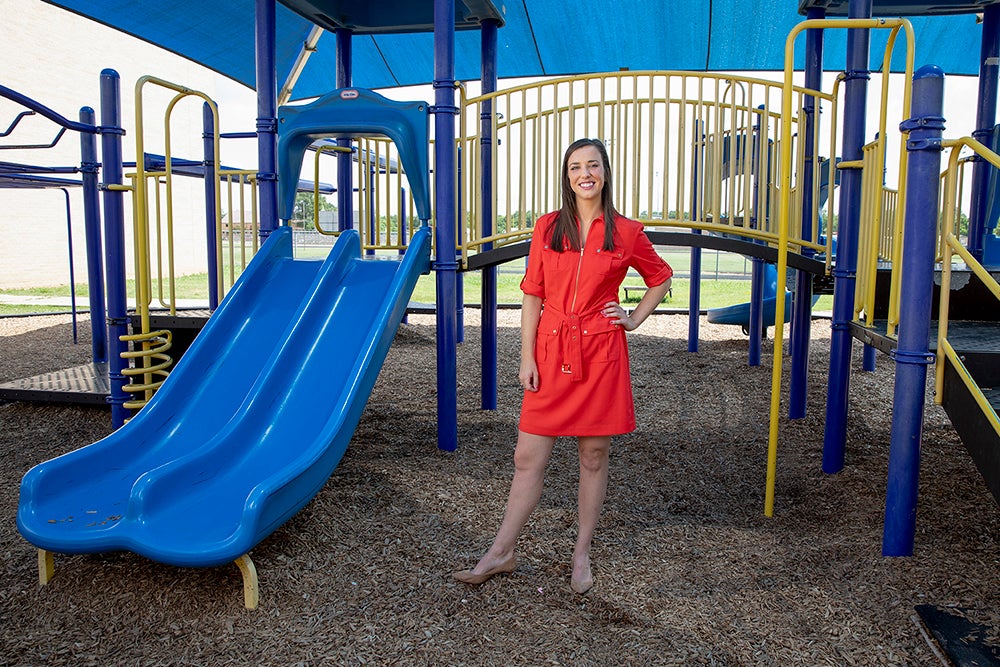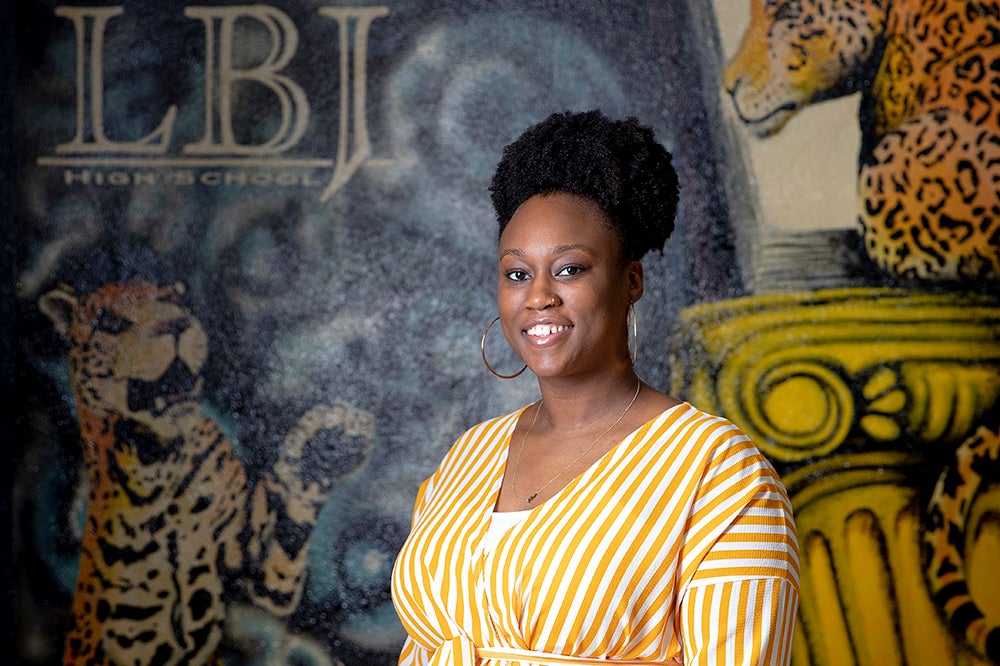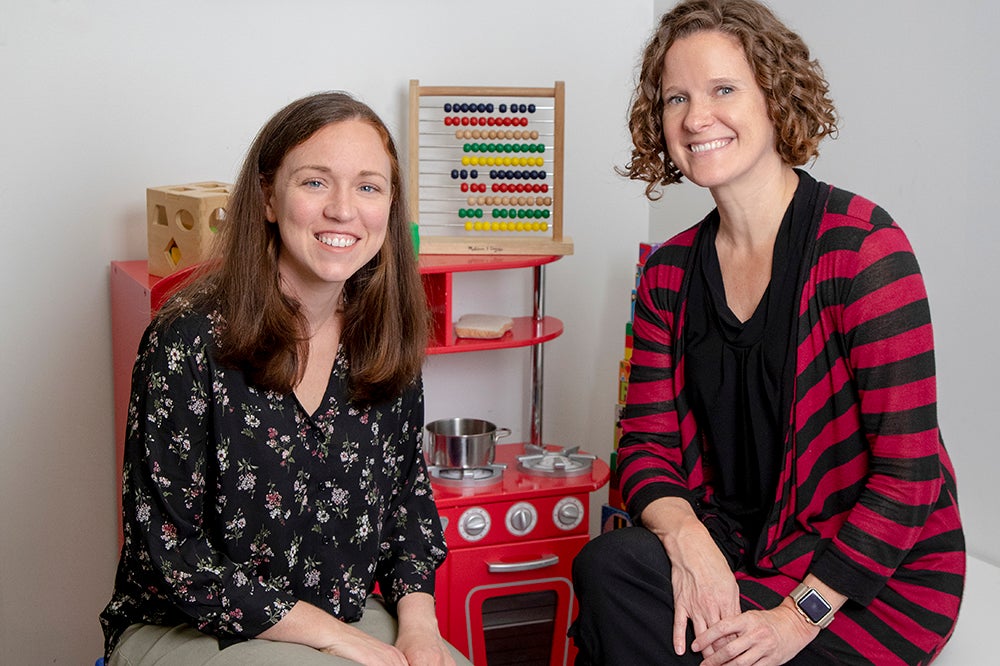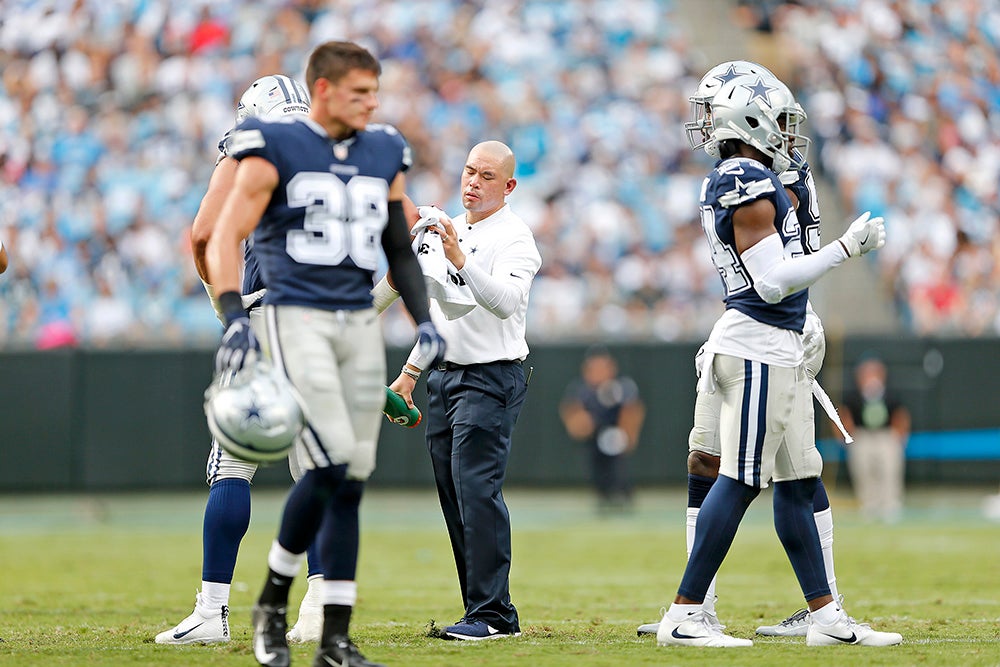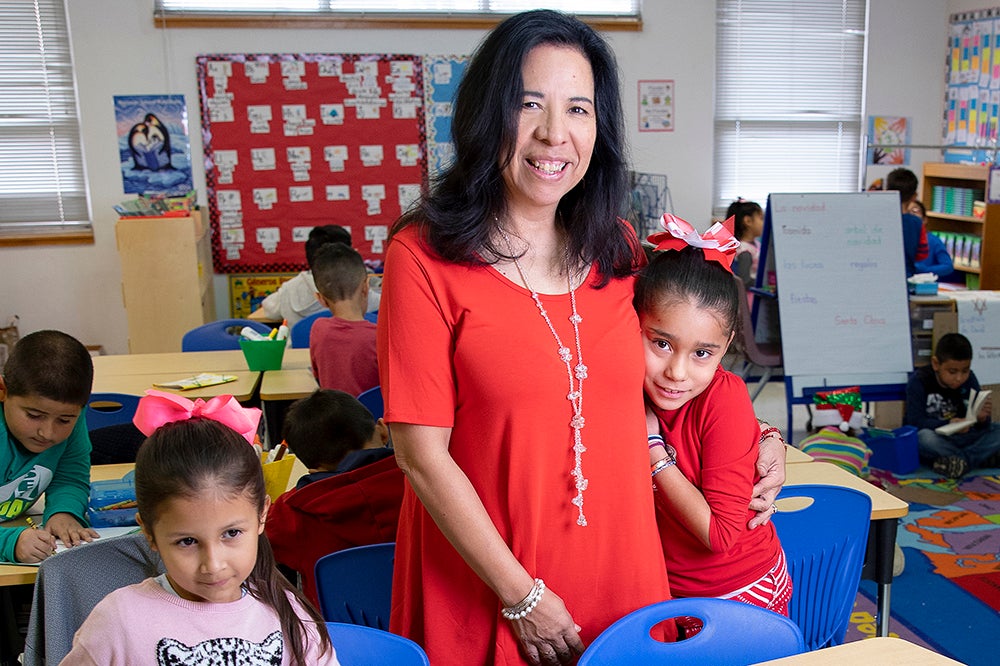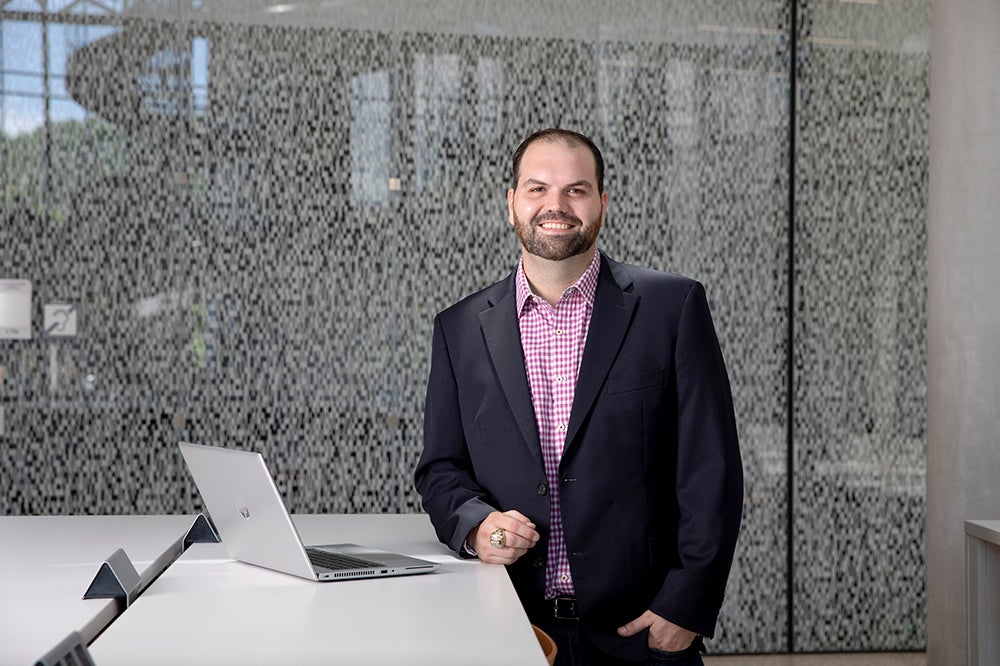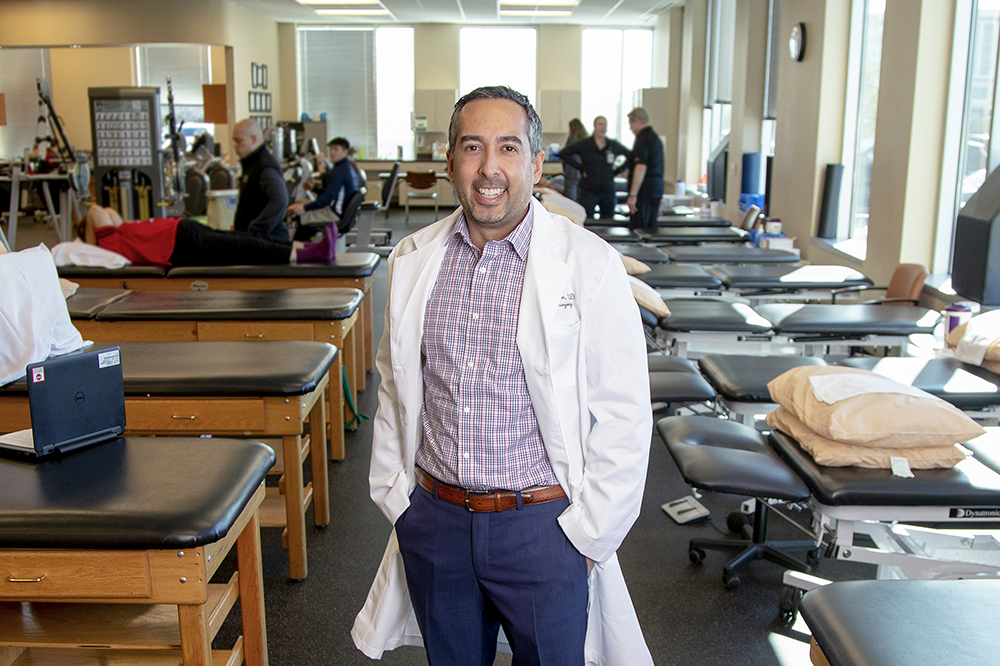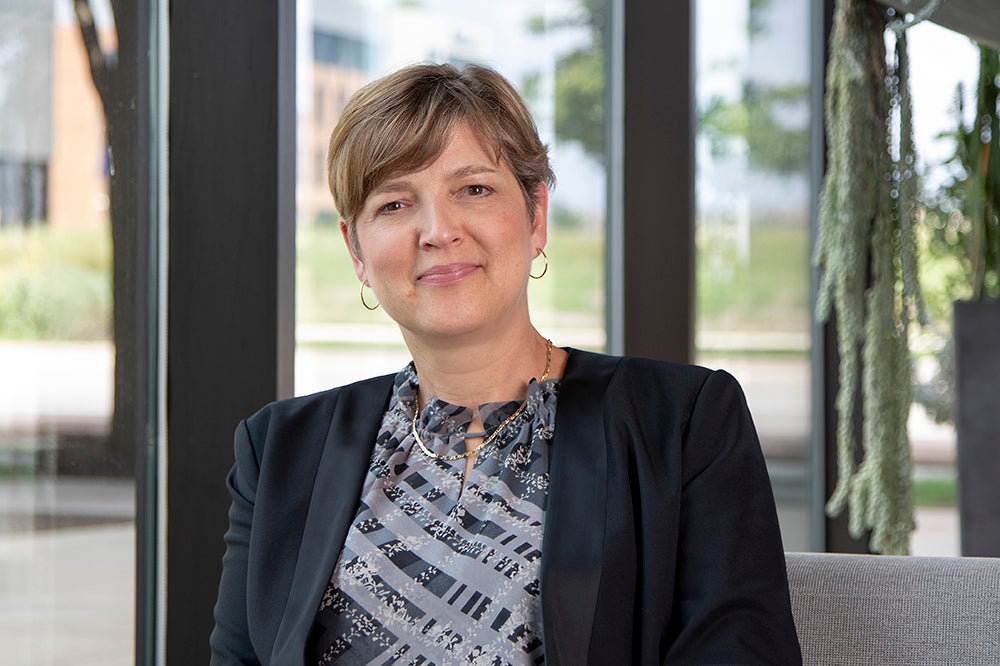Our alumni are making huge impacts in education and health across the state, throughout the country and around the globe. From classrooms to hospitals to sports teams to running their own companies – our alumni are taking what they learned in the College of Education and changing the world as leaders in their communities. Here are some of their stories.


